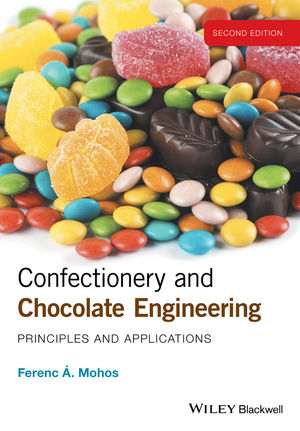Mars' Principles in Action report shares health and sustainability commitments
Report tracks the company's progress and achievements relating to its commitments.

Mars has caught the industry's attention more than once in recent memory with its commitments to issues ranging from environmental sustainability to women's empowerment and conscientious marketing.
The company's annual Principles in Action Summary report showcases its pledge to build a better future for generations to come through sustainable operations and healthier products. The report helps share and track and company's progress every year, outlining Mars' achievements relating to sustainability, health and wellbeing, food safety, responsible marketing, and workplace engagement.
Life at Mars
For the fifth year in a row, Mars made Great Place to Work's "World's Best Multinational Workplaces" top 25 list. It was named the best workplace in Europe and one of the best multinational workplaces in Asia.
Through Mars University, the company's global development curriculum, associates also had access to close to 500,000 hours of training to broaden their experience, skills, and leadership competencies.
Health and Wellbeing
In 2015, more than 99 percent of Mars' chocolate and confectionery products were below 250 kcal. The company also supported the advice of health authorities suggesting that people limit their intake of added sugars to no more than 10 percent of total calories.
The company also delivered on its commitment to provide GDA labeling on 99 percent of chocolate, confectionery, and food products. It launched the Food Nutrition Criteria to guide the Food segment in making healthier products.
Food Safety
Mars opened a Global Food Safety Center in China in 2015 to foster pre-competitive research and training. It also helped pioneer global research in food safety by partnering with others in the food industry, academia, NGOs, and government agencies.
Sustainability
The company reduced greenhouse gas emissions from its operations by 25 percent from a 2007 baseline. It sent zero waste to landfill at all 126 of its manufacturing sits globally. Its Mesquite Creek wind farm in Texas began generating the equivalent of 100 percent of the electricity required to power Mars' operations in the United States in 2015.
In terms of raw materials, Mars sourced 100 percent of palm oil, black tea, and coffee; 40 percent of cocoa; and 35 percent of fish and seafood from certified sources.
But while Mars has plenty to celebrate, the company realizes that there is always more work to be done.
“Our Associates are engaged in the work we are doing, and we’re proud that, as of the end of 2015, we achieved a 25 percent reduction in greenhouse gas emissions from our operations and generated zero waste to landfill from all of our factories around the world," says Barry Parkin, chief sustainability and health & wellbeing officer. "But we also missed the target in some critical areas—such as sustainable packaging improvements—so there’s plenty more to be done. Over the next five years—and beyond—we will continue to bring our Five Principles to life across our entire supply chain, from farm to consumer.”
“While we celebrate our progress and the efforts of Mars Associates all over the world, we’re also keenly aware that big challenges remain,” says Grant Reid, ceo and office of the president. “I’m confident that we are making a positive impact and creating growth that we can be proud of by delivering on our Five Principles of Quality, Responsibility, Efficiency, Mutuality and Freedom. I’m also certain that if business, government, non-governmental organizations and society work together, we can secure a great future for generations to come.”
Looking for a reprint of this article?
From high-res PDFs to custom plaques, order your copy today!








